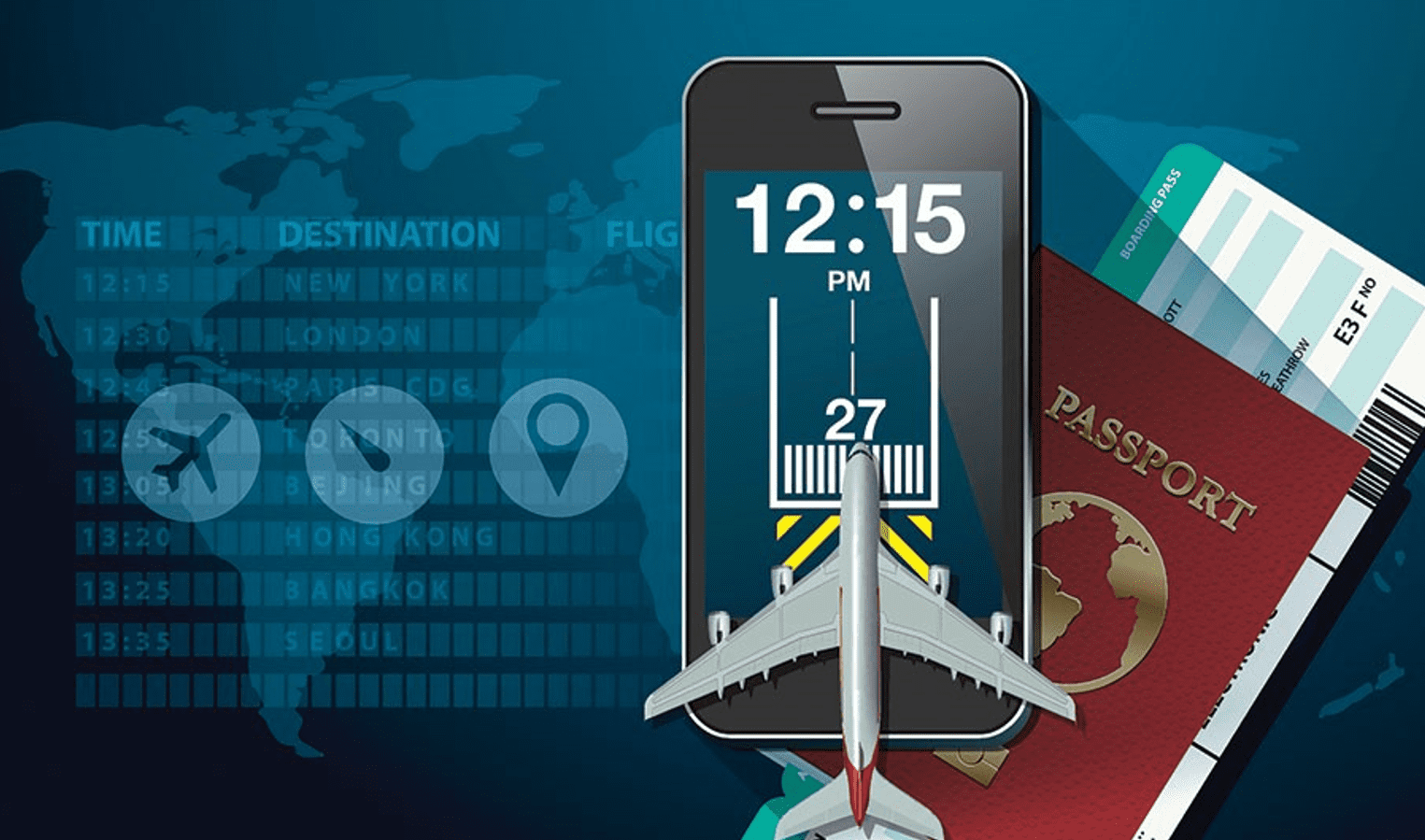A recurrent question in the corporate world is, “what is a travel security program?”
Put simply, it’s a package that helps companies and their employees understand their duties and obligations in ensuring travel security during trips made for the company’s benefit.
For more context, we can interpret the concept of a travel security program as a necessary travel risk management strategy employed by companies and their employees during company-based trips taken by employees.
As an employee on a business trip representing your company from a professional standpoint, it’s always essential to ensure that your journey is seamless and you can successfully avoid trouble of any sort. Still, these transit troubles occur, and you get caught up in this mixture of risk turned danger.
It’s always easy to manage these dangers when you can stay out of the way, but what happens when push comes to shove? This is where the crux of travel security programs is found — the prevention and mitigation strategies. A travel security program helps you prepare how you’ll get to manage your safety and safety while weathering dangerous storms.
Every employer needs to understand that legally, there is a duty of care imposed on them to ensure that employees who embark on company-based trips to carry out functions in favor of the company can do so without avoidable troubles while in transit.
When we dabble into the duty of care, some relevant questions will pop up that will require positive answers from employers to avoid any liabilities at law. One such question to expect will relate to the company’s travel insurance coverage and policy. Suppose a company does not provide this coverage or has no related policy, and an employee suffers hardships while traveling; the company will most likely be liable to compensate that employee — an issue that doesn’t speak well to the company’s finances and reputation.
Travel Security programs provide a ton of information usually instrumental to protecting an employee as best as possible during transit, including information on risks of danger in destination countries. For instance, a travel security program would acknowledge that a transgender employee may face a greater risk traveling to and from a country that still hasn’t accepted that sexuality spectrum as valid.
From these preliminary statements, it’s pretty apparent why companies should be looking to implement travel security programs already; however, we’ll be taking a deep dive nonetheless into other benefits associated with these programs to help you further understand why your company needs them:
- Ensuring Employee Safety before, during, and after transit
Unfortunately, only a few companies understood the true importance of rolling out a travel security program before the COVID-19 pandemic, regional lockdowns emerged, and companies had to fast-track evacuating their employees from high-risk areas.
If anything, this is one of the positive changes the COVID-19 pandemic brought about; it reinforced to companies the need to have schemes in place to help them stay prepared for any kind of emergency, including emergencies affecting their employees who travel from country to country regularly.
Employees are human beings who face real threats to their lives each time they travel, no matter how minute the concerned danger may be. Employees have to deal with specific hazards before, during, and after transit — which is why travel security programs are needed, to provide mechanisms for their protection at all times and on all fours.
As mentioned before, a travel security program will help a company easily pattern access to knowledge of the cultural disposition and security challenges of a destination country an employee arrives at, so they can plan for the employee’s protection. For instance, it’s a no-brainer that a transit to Afghanistan or Iraq would require preparing security measures against acts of terrorism.
With a travel security program, a company can make the preparations to ensure the employee stays safe by addressing various parameters, including flight safety, accommodation, mobility security, tracking, and communication.

- Protection of business assets
The war against insecurity is virtual as much as it’s physical. While your company contends with its responsibility to protect the lives of its employees, it has to balance this responsibility with the obligation to protect business assets.
Employees often travel with personal computers that contain sensitive information about company operations. While they keep these devices out of sight while in transit, they could still get compromised by targeted attacks in hotel rooms and data breaches by hackers and cybercriminals looking to exploit the company’s sensitive information.
A travel security program ideally calls for corporate travel management responsible for protecting sensitive data by incorporating data and communication encryption, two-factor authentication, or multiple-factor authentication, preventing unrestricted access to sensitive information. With a travel security program, companies will also see the need to provide their traveling employees with extra laptops and vanilla devices to connect to sensitive information only via solid authentication.
- Avoiding liability for breach of duty of care
The concept of duty of care is slept on by most firms, which is terrible considering the consequences of liabilities arising from a breach of the duty of care owed by companies to their employees. One too many violations hold severe financial and reputational implications.
A duty of care warrants that a company assists employees who embark on a corporate trip by educating them about any security risk developments in the territory they’re headed to and steps they can take to ensure they’re fully protected.
For example, if an employee proceeds on a trip without requisite information on what to expect during and after their journey, and they resultantly get caught up in a mix that leads to them suffering some harm that could have been prevented if they were given the needed tools to manage imminent risks, you can always expect that employee to want to take legal action against their employers.
When that’s done, the company stands to lose money compensating the employee for the harm they suffered. But suppose the company can show that it took the necessary steps — like creating and executing a travel security program — to ensure the employee was protected. In that case, the company will be saved from losses of any kind.
- Increased Workplace Productivity
When a company implements a travel security program, it increases employee confidence in your company’s attitude to those who work hard to sustain its profitability. Who’d like to risk their lives day in and out for a company that doesn’t show a minimum hint of care for the safety of its employees? No one.
So, when employee confidence and trust are increased in your company’s operations, you can naturally expect an increase in your workplace productivity. Showing you care about your employees’ safety creates a reliable and accommodating work environment, boosting how much work gets done and how efficiently people give back to your company.
- Safer participation in international markets
Why stay domestic when you can go above and beyond? Private companies are created for one purpose and one only — profit, and in trying to make as much profit as possible from business operations, your company will most likely venture into international transactions and want to participate in global markets.
This will require your company to have regular updates about countries your employees travel to, to handle business on your behalf. These updates tell you more about the countries’ security risks, business sector developments, and what you can expect if you do business with organizations in these countries.

Take Nigeria, for instance — a country that’s ranked the 12th most dangerous country in the world as of 2021. If you have a travel security program and an employee headed there, you’d know better to assist them in taking necessary safety precautions — while sighting the fact that despite its security challenges, know that Nigeria remains one of the most potent countries to do business in, particularly for foreigners.
These are some inherent benefits of executing a travel security program — employee safety, loss prevention, and increased corporate productivity and profitability. When companies implement travel security programs, they get to shield their employees in many ways from domestic and overseas harm in the best way possible — through travel risk assessment, travel risk intelligence, and curating actionable insights.



